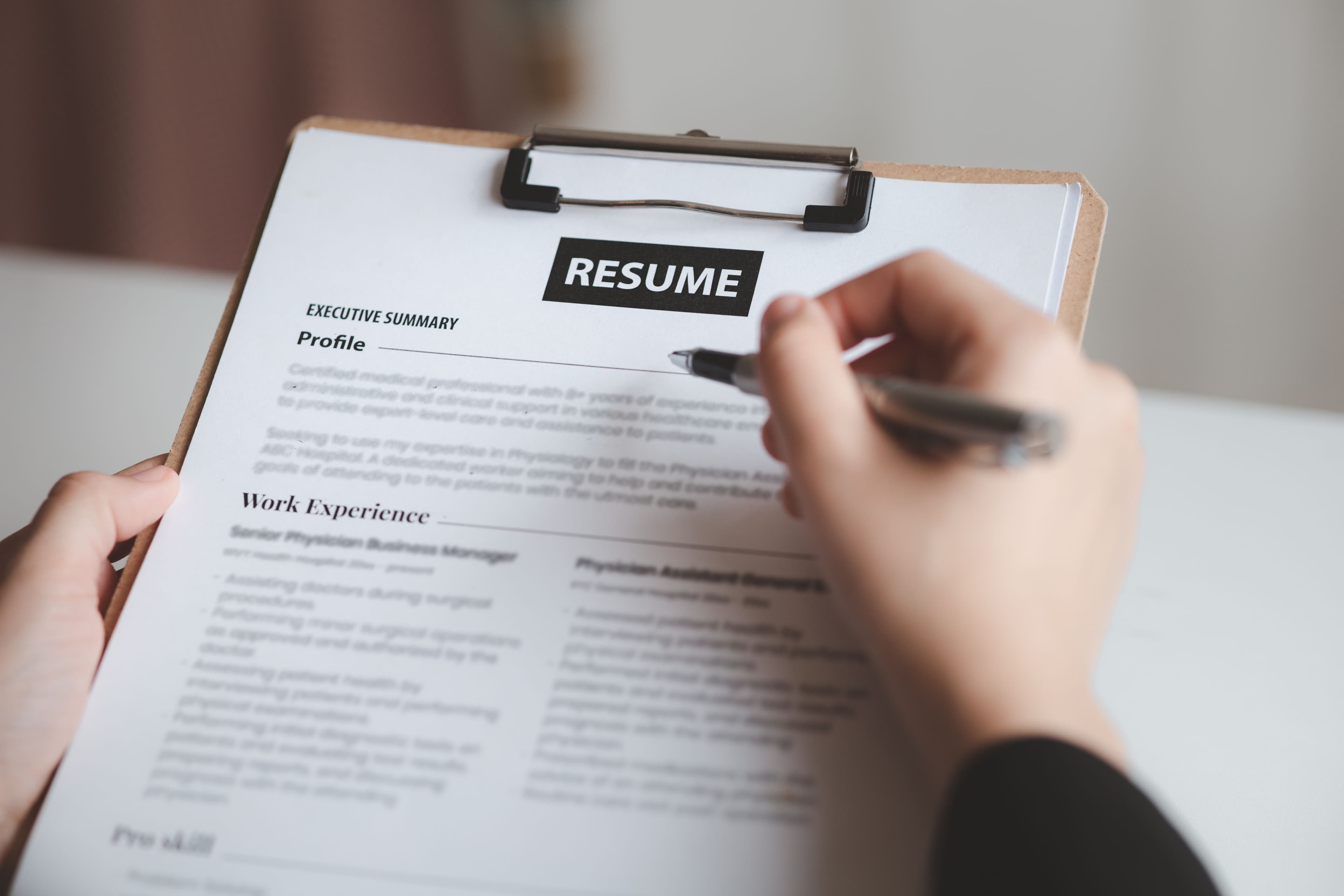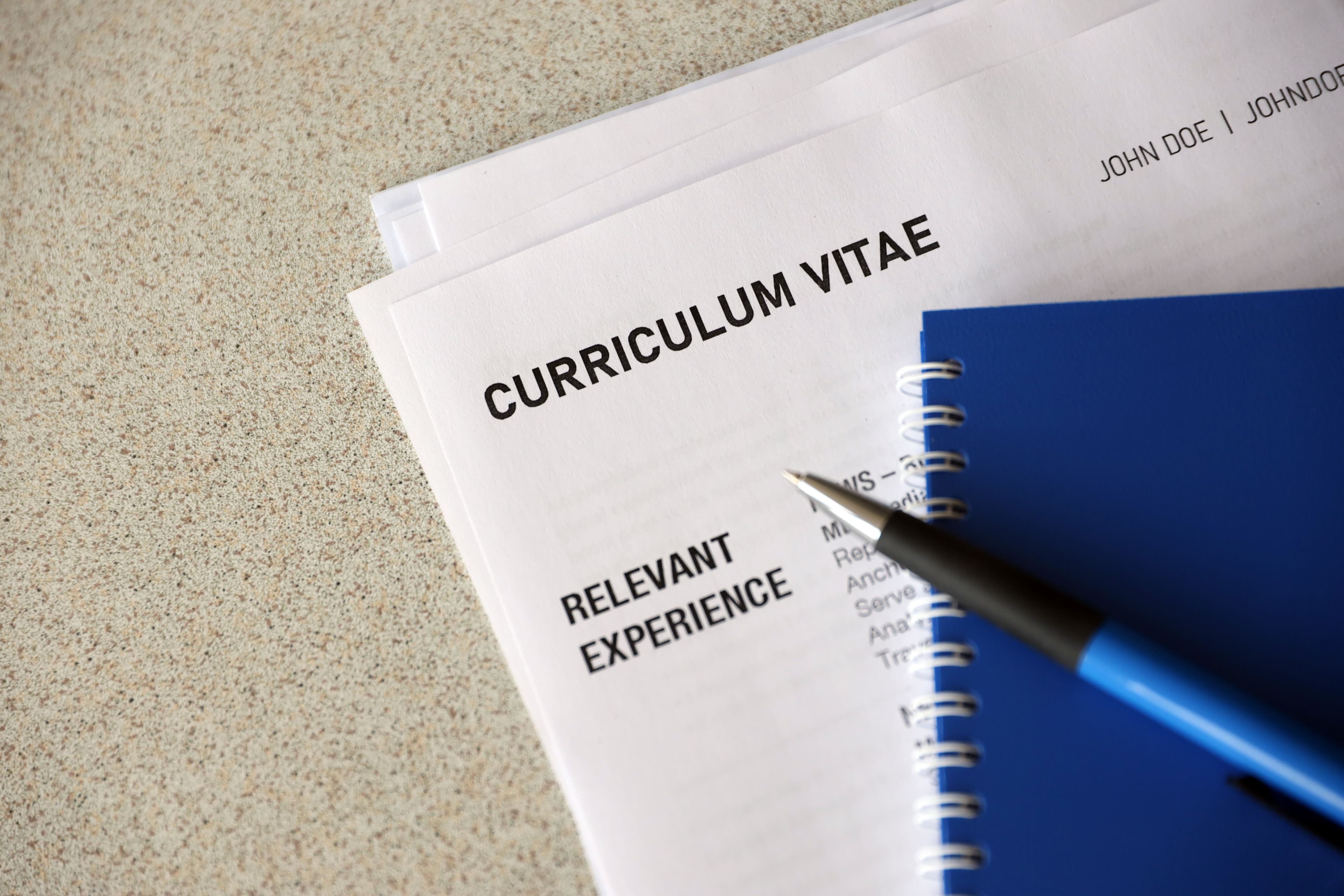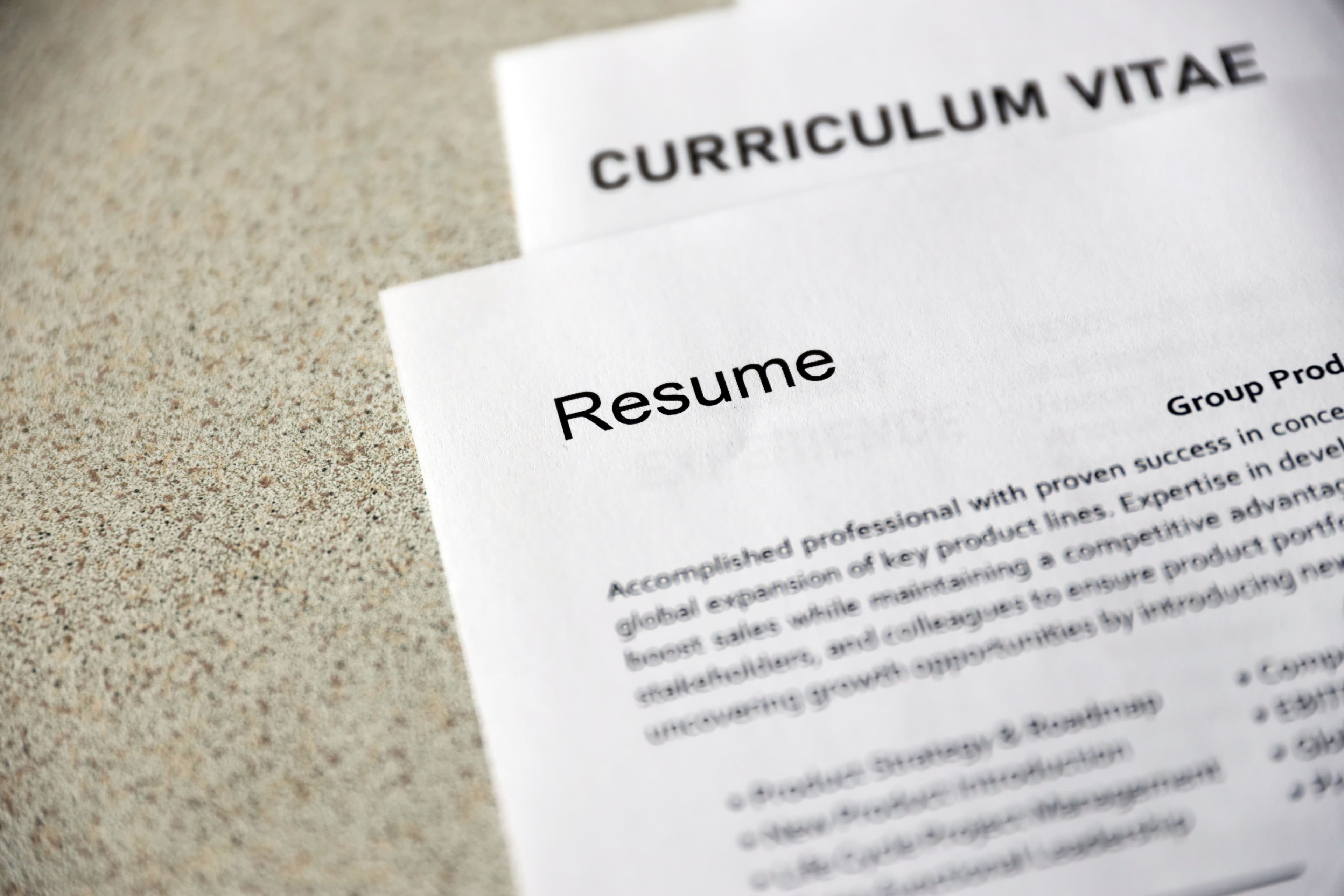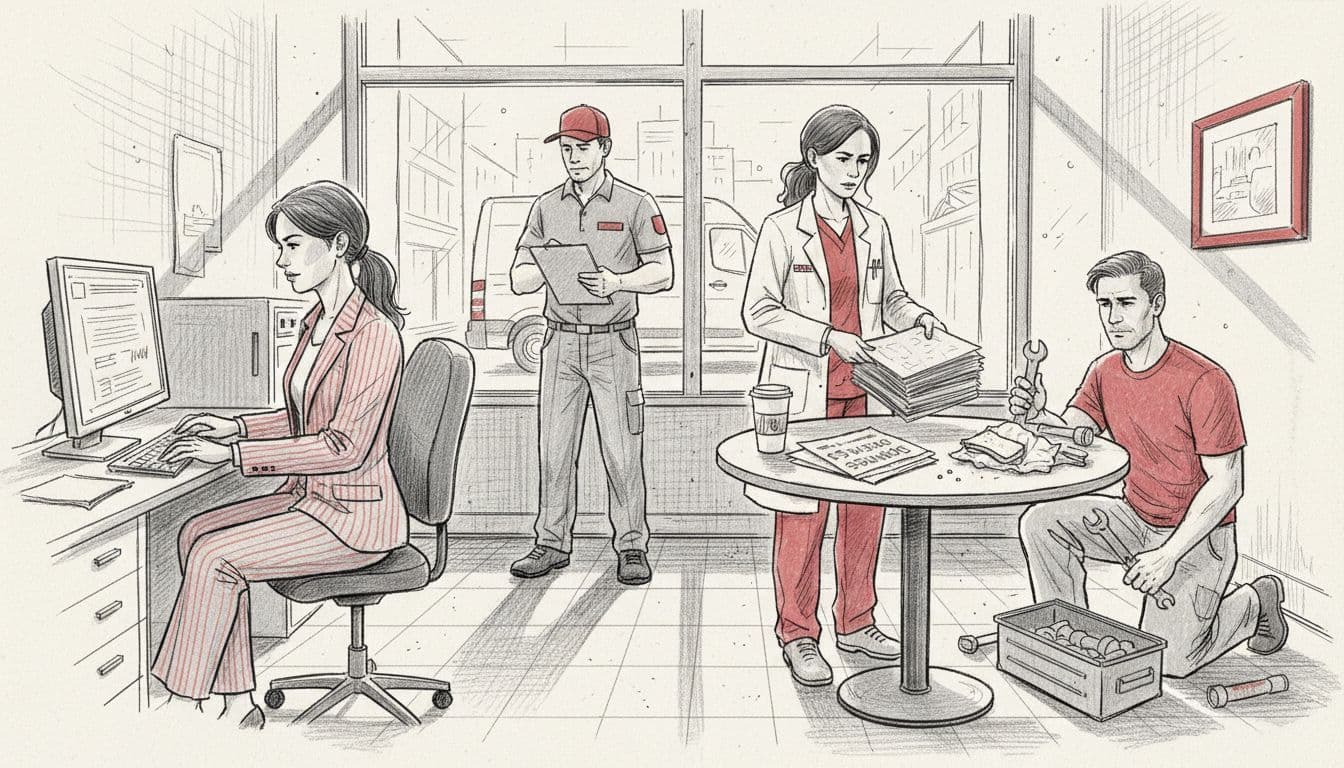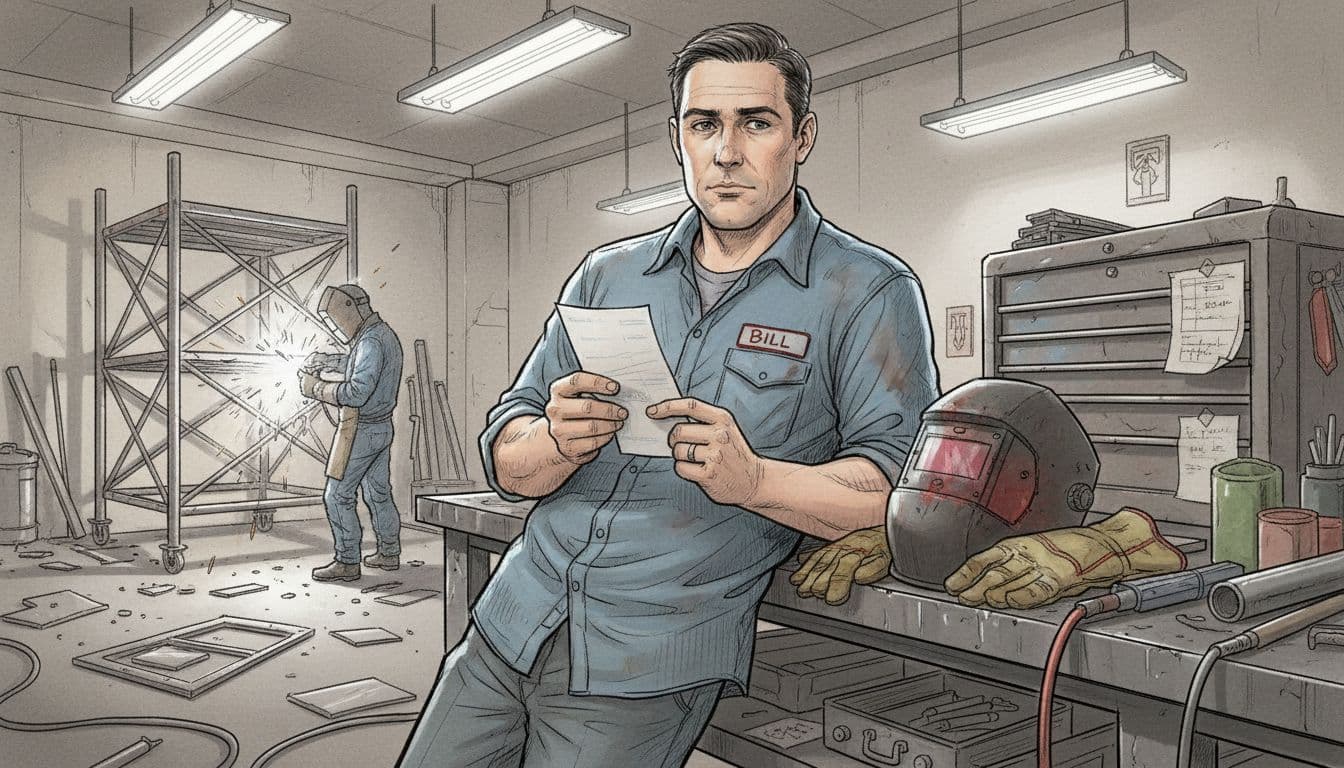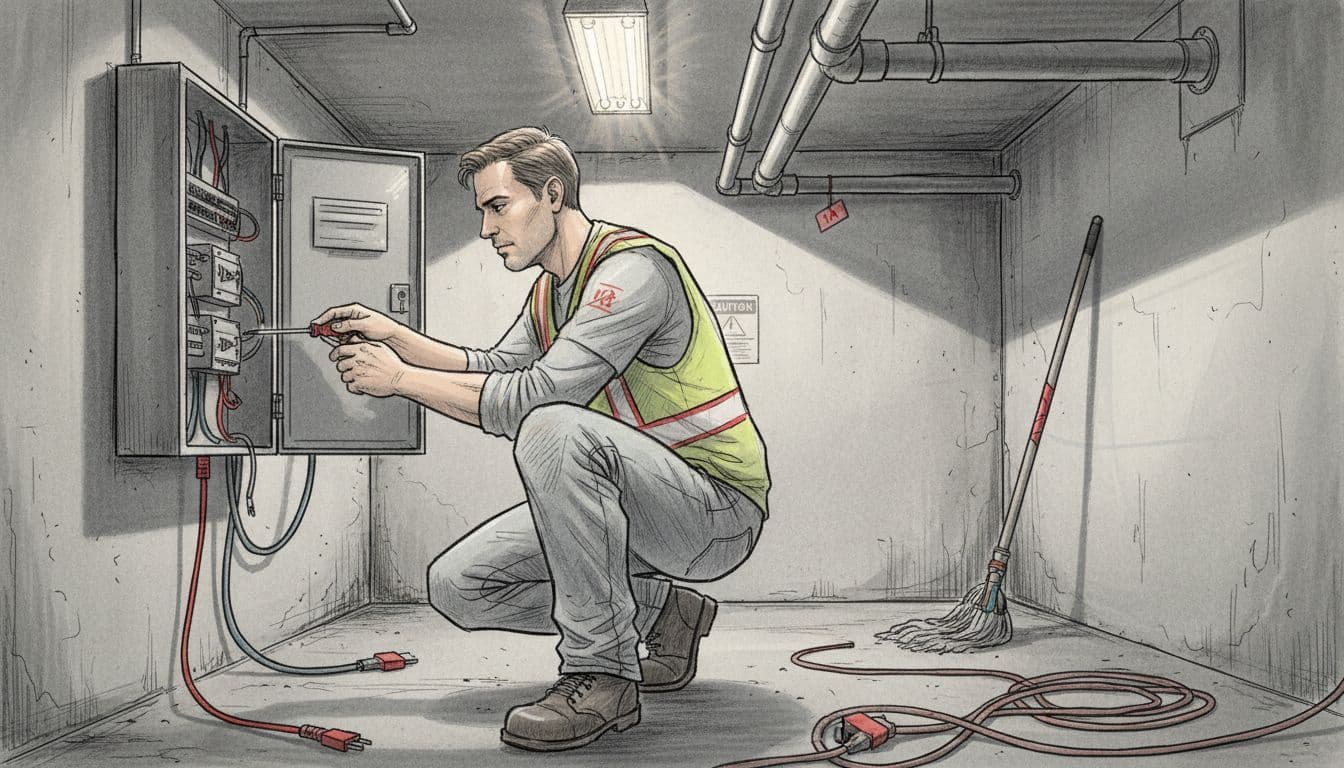Hobbies to Put on a Resume: A Comprehensive Guide for Job Seekers
03.21.2025
Job Resources
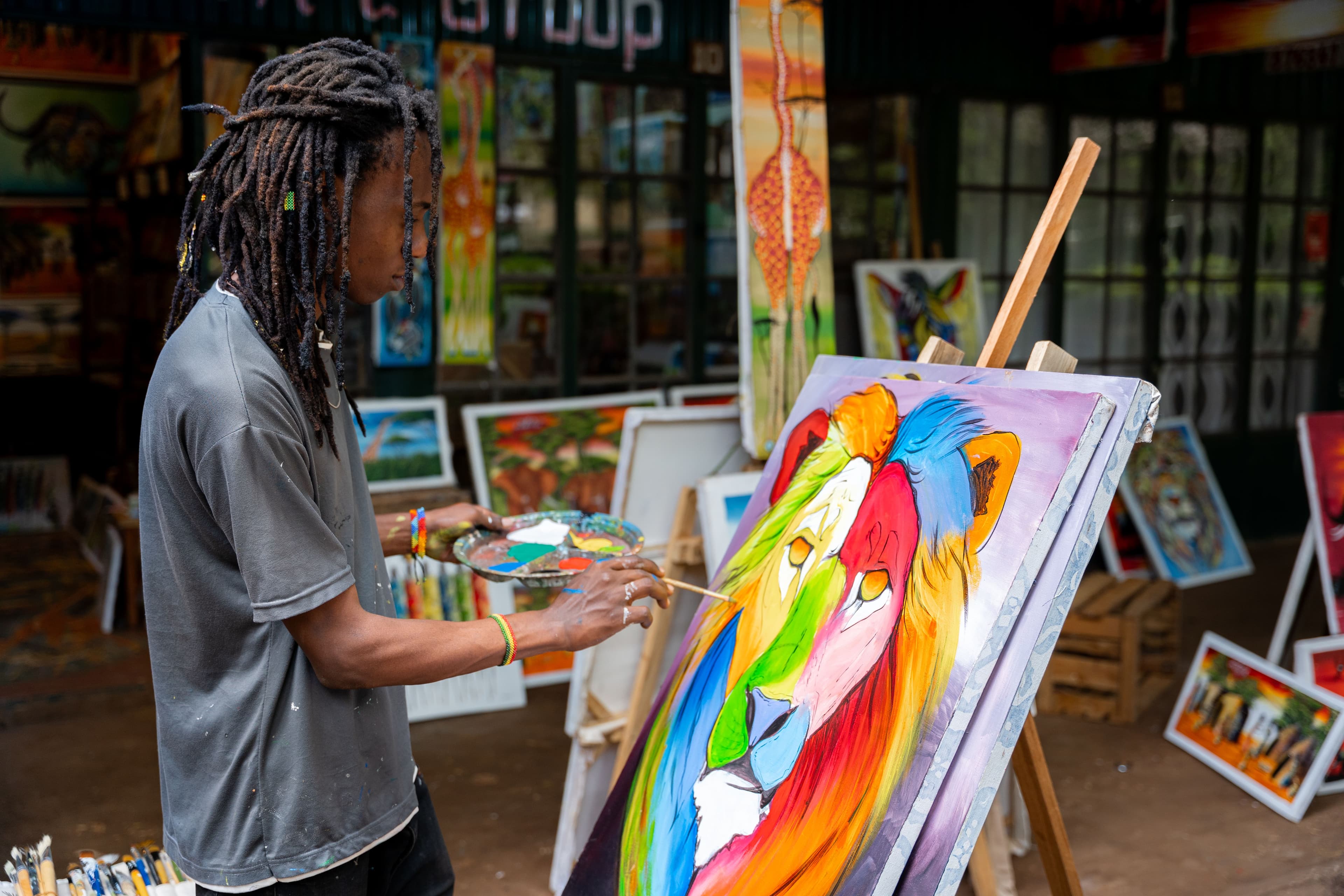
For recent graduates and young professionals who don’t quite have enough work experience to fill out their resume, the question often arises: "What are good hobbies to put on a resume?"
The answer might be more important than you think.
While your education and work experience form the backbone of your resume, strategically chosen hobbies can give hiring managers insight into your character and abilities that might not be obvious from formal credentials alone — especially when your work experience isn’t relevant but your interests are.
In this guide, we'll explore how to put hobbies on your resume effectively, which hobbies showcase valuable skills, and how to present them for maximum impact in your job search.
Why Include Hobbies on Your Resume?
A well-crafted hobbies section enriches your resume by highlighting your personality, passion, and transferable skills beyond academics or work experience. Featuring relevant interests can capture employers' attention by showcasing job-related soft skills and help them identify whether you’re the right fit for their company culture. Even more importantly, it demonstrates that all-too-human trait of striving to be better.
But don’t take our word for it: here’s what Nolan Church, former Google recruiter, has to say about why you should put hobbies on your resume:
“I’m not looking to hire robots, right? I’m looking to hire people. If you give a s*** about something, it tells me you have the potential to give a s*** about work.”
Church goes on to say that interests like athletics and creative pursuits are great to put down on a resume because they show that you have passion and dedication.
So well it may seem odd at first, little extra details like hobbies can help differentiate you from a sea of other candidates—especially if you have limited experience—and might just be what gets that potential employer to take a closer look at you.
How to Put Hobbies on a Resume: Selecting Activities That Showcase Your Skills
If you’re struggling to figure out how to write a resume that sets you apart, spend some time thinking about any hobbies or interests that may be relevant. In particular, focus on ones that demonstrate:
- Valuable soft skills or leadership qualities
- Creative and innovative thinking
- Problem-solving and analytical or technical thinking
- Your capacity to grow and adapt as a person
Above all, remember to be genuine and specific. Only list activities you honestly pursue and can discuss with enthusiasm. Avoid irrelevant or controversial hobbies that don't add value or could raise red flags if they conflict with the company culture.
Good Hobbies to Put on a Resume That Demonstrate Leadership & Teamwork
Including hobbies that involve leading or collaborating with others can signal your ability to work in a team and take initiative. These kinds of pursuits prove you can work well with others and take on responsibility—qualities highly valued in any workplace.
Volunteering & Community Service
Involvement in charity work and community service projects shows you can work with diverse groups while demonstrating empathy and leadership. It's associated with higher odds of employment and lets you highlight experiences where you took initiative, emphasizing skills like teamwork, project management, and reliability.
Team Sports and Athletics
Participation in team sports (such as soccer, basketball, or volleyball) reflects your collaboration and team-building skills. If you held a leadership role—say, as a team captain or event organizer—it further underscores your ability to motivate others and lead by example. Even simply being part of a team indicates you're disciplined, cooperative, and able to commit to group goals.
Mentoring or Coaching
Hobbies like tutoring students, coaching a youth sports team, or leading a workshop demonstrate your capacity to guide and develop others. They highlight communication, patience, and leadership—for example, mentoring requires listening and giving feedback, while coaching involves motivating a team. These activities show that you can assume responsibility and help others grow.
Organizing Events or Clubs
If you've started a campus club, led an academic team, or coordinated events (such as hackathons or charity drives), this is a great interest to include. It indicates initiative, planning skills, and the ability to coordinate a group toward a goal—showcasing project management experience and an ability to build strategic relationships outside of work. Naturally, this bodes well for your ability to build a professional network.
What Are Good Hobbies to Put on a Resume That Demonstrate Creativity & Innovation?
Creative pursuits can illustrate your ability to think laterally and solve problems in original ways. Including artistic or imaginative hobbies is especially helpful if the job values creativity but can benefit any role by showing you bring a fresh perspective.
Writing or Blogging
Creative writing, blogging, and journaling build excellent communication skills and improve your ability to articulate ideas in creative and compelling ways. Employers widely consider communication a top soft skill, so showing that you write in your free time can be a plus. Maintaining a blog about a topic you're passionate about illustrates initiative, content creation skills, and an ability to engage an audience.
Visual Arts
Any form of visual art signals that you have a keen eye for detail and aesthetics. Photography, painting, or graphic design requires creativity and technical know-how, as well as the ability to express ideas visually. These are good hobbies to put on a resume because they show you're innovative and able to look at things from different angles.
Music or Performing Arts
Whether it’s playing a musical instrument, singing, dancing, or acting, performance art blends creativity and discipline. Each of these endeavors takes practice, patience, and determination, showing potential employers that you can commit to long-term improvement. Not to mention, they also build confidence and stage presence—helpful for public-speaking or client-facing jobs.
Hobbies to Put on Your Resume That Demonstrate Problem-Solving & Analytical Thinking
Employers love candidates who are analytical and good at solving problems. If you have hobbies that showcase your intellect or technical skills, they can signal that you enjoy a challenge and have a logical mindset.
Puzzles & Strategy Games
Playing chess, strategy games, or puzzles indicates strong problem-solving skills and mental agility. Strategic games are excellent hobbies for showcasing analytical ability and are especially relevant if you're applying to roles that require troubleshooting, planning, or strategy. Contrary to the conventional wisdom of old, even putting down “gamer” can boost your resume.
Coding or Programming Projects
If you code or develop projects for fun (such as building websites, video games, or participating in hackathons), include it! This hobby demonstrates technical proficiency and logical thinking, while also showing creativity in problem-solving. The same goes for technical proficiency with artificial intelligence tools and LLMs — both are great ways to future-proof your resume in the AI era.
DIY Tech or Science Projects
Hobbies like electronics tinkering, robotics, astronomy, or participating in math/science competitions show that you apply analytical thinking in practical ways. These kinds of interests can set you apart, especially for technical roles, by proving you're the type of person who pursues knowledge for fun.
Good Hobbies for a Resume That Showcase Adaptability & Learning
In addition to leadership, creativity, and analytical abilities, you can also include hobbies that speak to your adaptability, cultural awareness, and love of learning—increasingly valuable traits given how interconnected workplaces are in the digital era.
Traveling
Listing travel as an interest signals adaptability and cultural awareness. It shows you are comfortable with diversity and can thrive in new situations. International experience is particularly relevant for roles that involve working with international teams or clients, and it suggests an open-minded candidate.
Learning New Languages
If you happened to pick up a new language during your travels, even better! Speaking a foreign language (or languages) demonstrates persistence and strong cognitive skills, as well as an ability to communicate across cultures. Multilingual speakers are highly sought-after, so adding it to your resume can make a huge difference.
Reading & Self-Education
If presented right, reading can underline your intellectual curiosity. Instead of a generic "reading" entry, try mentioning specific areas—e.g., "Reading about tech innovation" or "reading historical biographies." This shows you deliberately seek knowledge and stay informed, telling employers that you have a growth mindset and enthusiasm for learning new things.
Understanding the Connection Between Hobbies and Careers
Stephen Shortt, talent strategist and CEO of Career Fit, has an IDA framework — interest demand, ability — that provides valuable insight into how our hobbies relate to our career potential. During a My Career Shop Podcast episode on how to choose a career path, he explains:
“Imagine a Venn diagram between these three elements: what are your interests, what's the demand for it, and what are your abilities?
- If you’re interested in something and you're able to do it, but there's no demand, that's a hobby.
- If you’re able to do something and there's a demand for it, but you're just not interested, that's a job.
- If you’re interested in doing something and there’s a demand for it, but you don't have the ability, that's a dream.
But where those three intersect — that's your ideal career path. And all of these can change. You can develop ability through training, you can find things you enjoy in a job to raise your interest, and if it's a hobby you like, you might be able to find a big enough market to create demand."
By understanding this relationship, you can strategically highlight hobbies that demonstrate transferable skills and genuine interests relevant to the positions you're seeking.
Sometimes, if you’re lucky, what shows up as a hobby on your resume is just one element away from becoming a career possibility. And if not, it still demonstrates to potential employers and hiring managers that you dedicate time to what motivates you.
How to Put Hobbies on Resume: Tailoring to the Job and Industry
While it's great to have a variety of interests, you should tailor the hobbies you list to the role and industry you're targeting for maximum impact. Try to choose hobbies that complement the job description or the company's culture.
For example, if you're applying for a creative role like UX design or social media marketing, highlighting your artistic hobbies can reinforce your creative abilities. For a highly collaborative or leadership-focused role, emphasize team-oriented hobbies to show you excel in teamwork and leadership.
Similarly, if you're pursuing a position at a nonprofit or a socially-driven organization, including your community service or advocacy activities can demonstrate a passion for the values the organization stands for.
The key is to read the room: by selecting hobbies that parallel the job's requirements or the company's ethos, you make it clear that you'll fit in and bring relevant strengths. Always ask yourself, "Will this hobby help position me as a good match for this role?"
How to Present Hobbies Effectively on Your Resume
Once you've decided which hobbies to list, it's important to present them in a clear, professional manner:
- Create a dedicated section titled "Hobbies & Interests" and place it at the end of your resume, after education, skills, or other core sections.
- Keep the section brief—typically list 4–6 hobbies at most.
- Format the content as a simple list or bullet points for readability.
- Include descriptive elements to give context. Instead of just "Hiking," write "Hiking – Completed a 10-day Appalachian Trail section hike."
- Be specific about your interests to make them more memorable—"reading historical nonfiction" is much more insightful than a vague "reading."
- Quantify achievements when appropriate to show dedication, such as "Marathon running (2× full marathons completed)."
- Keep descriptions short (one phrase or line each) but detailed enough to spark curiosity.
- Remain honest—never list something you can't discuss enthusiastically in an interview.
When presented effectively, your hobbies and interests can round out your resume, showcase the real you, and underscore qualities that make you an excellent addition to any team.
The Right Hobbies Will Strengthen Your Resume
The right hobbies will strengthen your resume by reinforcing the skills and traits that make you a great fit for the position. For recent graduates or those with limited work experience, strategic inclusion of hobbies can be particularly valuable in demonstrating your potential.
Remember that your resume is more than just a list of qualifications—it's a portrait of who you are as a professional. By thoughtfully including relevant hobbies, you give hiring managers a more complete picture of your capabilities, making it easier for them to envision you as part of their team.
Looking for more career advice? Visit My Career Shop to connect with professionals who can provide personalized guidance on your resume, career path, and professional development.
Subscribe to My Career Shop Content
Stay up to date with Blog Posts and Podcast Episodes!
Your One Stop Shop For All Career Resources
Whether you are exploring new career paths, building your resume, or preparing for your next opportunity, our tools, templates, and guidance are designed to help you navigate your career journey with clarity and confidence.
Copyright © 2025 My Career Shop. All rights reserved.














